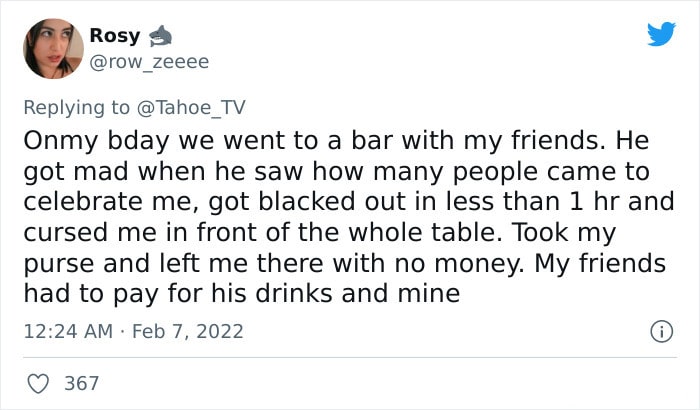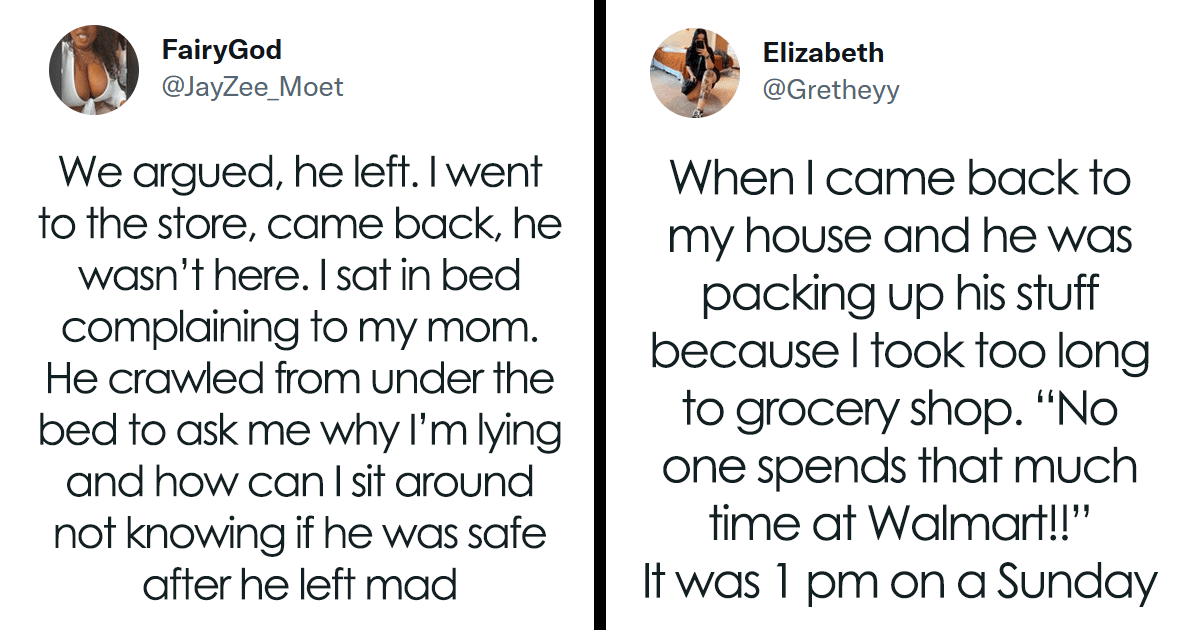Humans are not exactly alike. Everyone is weird in their own way. That’s not bad. The appeal of many artists, performers, and average folk is that they are delightfully odd and non-conventional.
There is a line between quirky and unnerving. The media personality decided to find it. He asked people to tell him the exact moment they noticed someone was out of their minds.
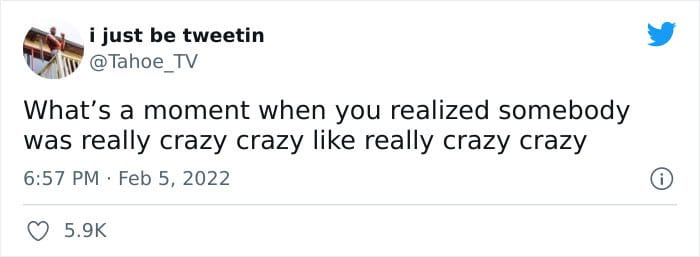
It’s a topic that many people are interested in. People started sharing their weird and scary experiences after they sent in their answers. Continue scrolling to meet their villains.
1.
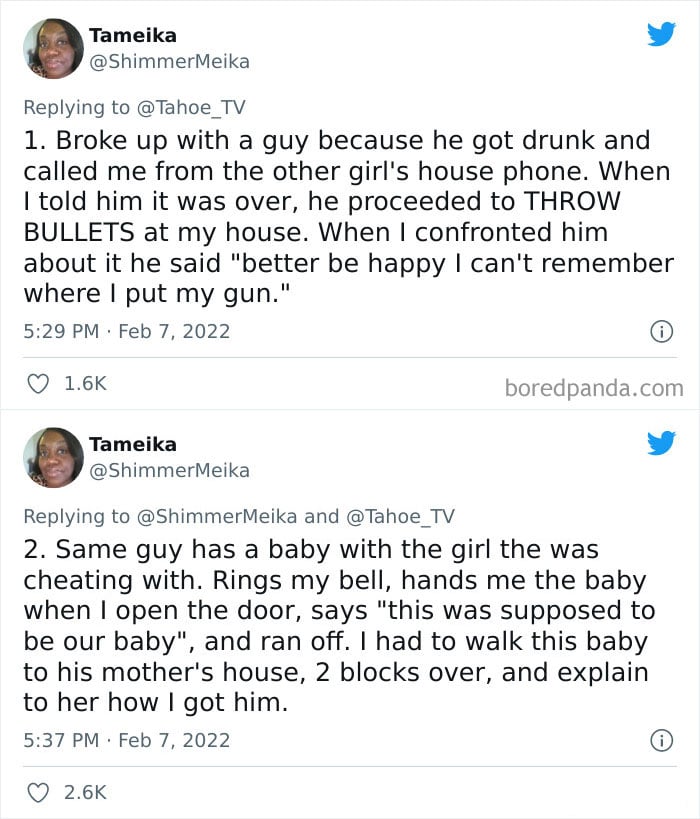
2.
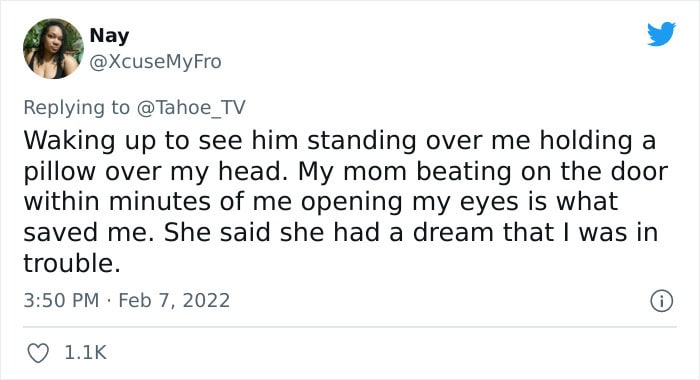
You should watch out for the word crazy. It has become such a part of our vocabulary that we don’t even notice it anymore.
There are a number of reasons why you might want to stop using that word. Brenda Curtis, Ph.D., MsPH, an assistant professor of Psychology in Psychiatry at Penn Medicine, who has done research on language think it might even have sexist undertones as there are gender-based stereotypes about women being irrational, hysterical, and disconnected from reality—all meanings that are associated with the word ‘crazy’.
3.
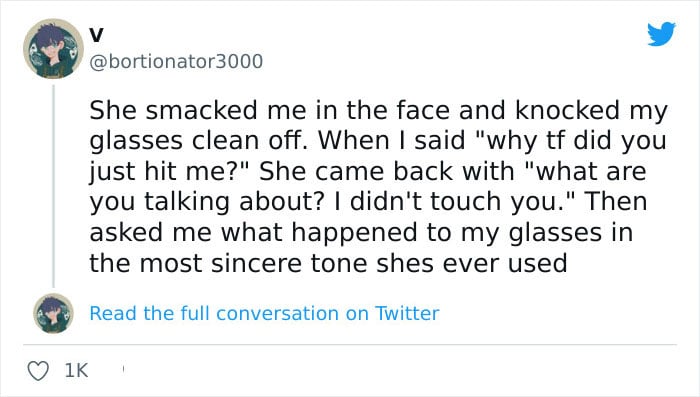
4.
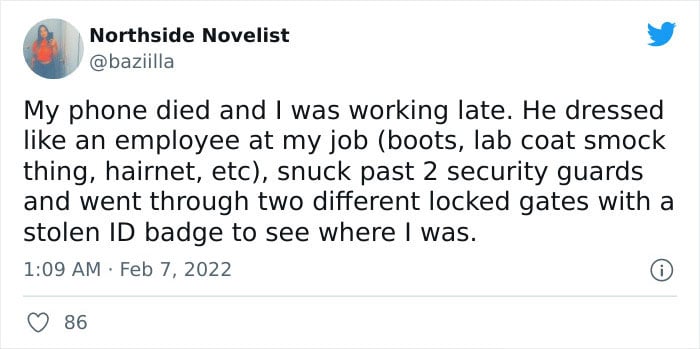
5.
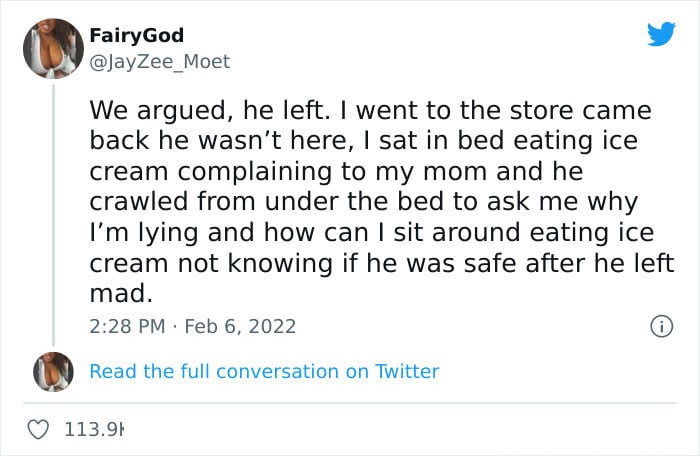
“One of the common stereotypes around mental health and substance use disorders is the idea of a moral failing,” Curtis said.
“A lot of people will think, ‘oh they’re just sad, get over it,’ or ‘oh, if you don’t want to use drugs, just stop, no one forced you to.'” She pointed out that the thoughts about mental illness perpetuated by words like crazy include the idea that people with mental illness are incapable of making decisions. People with mental illness are stereotyped as being in a category of others that few people want to claim as their own.
6.

7.
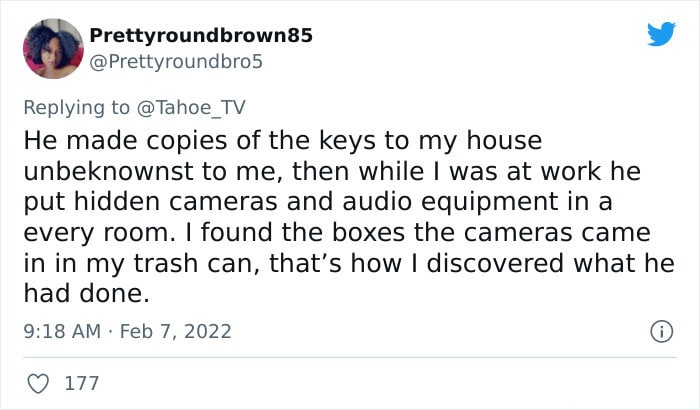
8.

9.
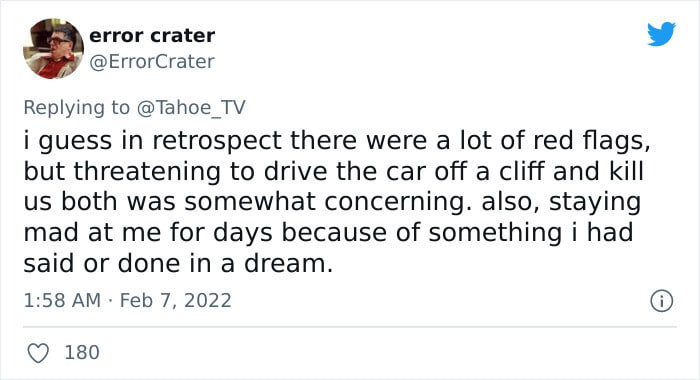
“When you have a person who is having a hard time and needs to talk to someone and needs treatment, they’re less likely to go to their physician or another person for help if they don’t want that person to see them in a different light,” Curtis explained.
Attaching stigma to mental health conditions can make it more difficult for people to seek help. “When stereotypes affect treatment, either initiation of treatment or treatment engagement, when it’s isolating people, that’s a problem.”
10.
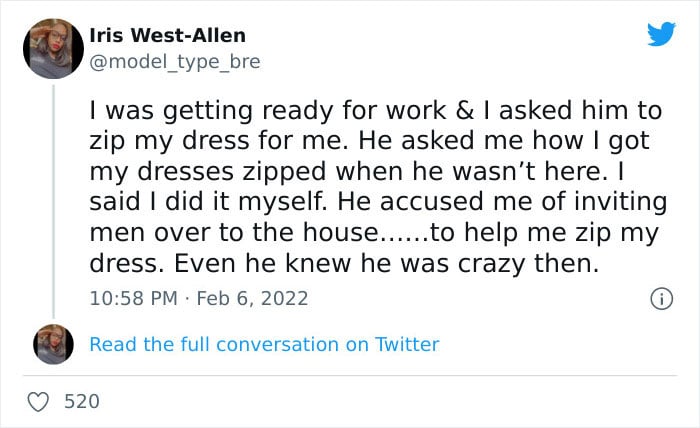
11.

12.
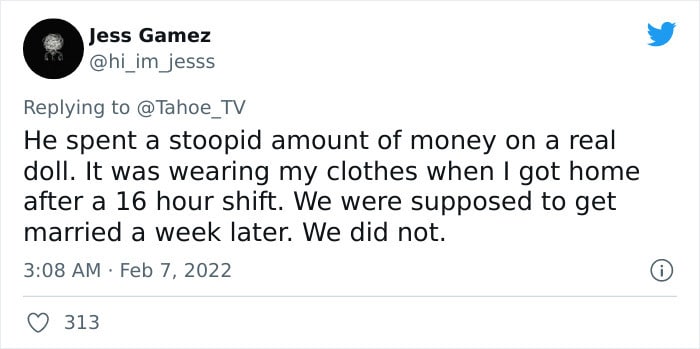
13.

There is a problem with the word crazy. It’s not clear. It doesn’t mean just one thing. Many of us use the word in casual conversation for a variety of reasons.
She thinks it reminds her of the way her parents taught her not to use curse words in casual conversation; when you use a curse word as an adjective or noun in a sentence instead of something more descriptive, it’s not just rude, it’s also a lazy way to avoid thinking of the more precise word you really mean.
14.

15.

16.
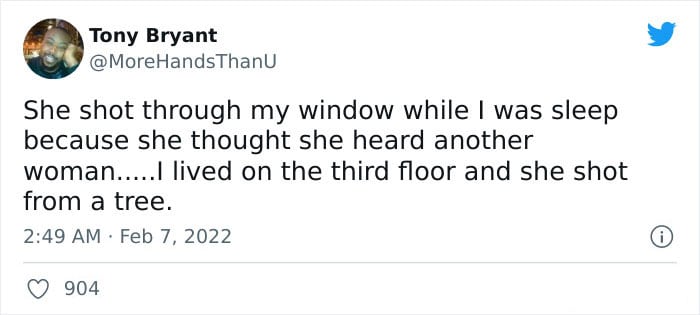
17.
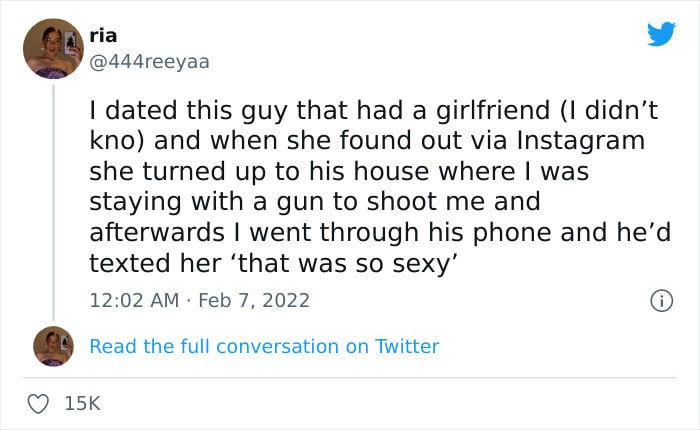
There are three keys to using language about mental illness: use the correct words to describe something (the name of a diagnostic category if it’s a mental illness, or a descriptive general word like ‘outlandish’ otherwise, not just ‘crazy’ for everything); acknowledge when stereotypes exist—and debunk them; and use language that acknowledges a person is separate from their illness.
18.
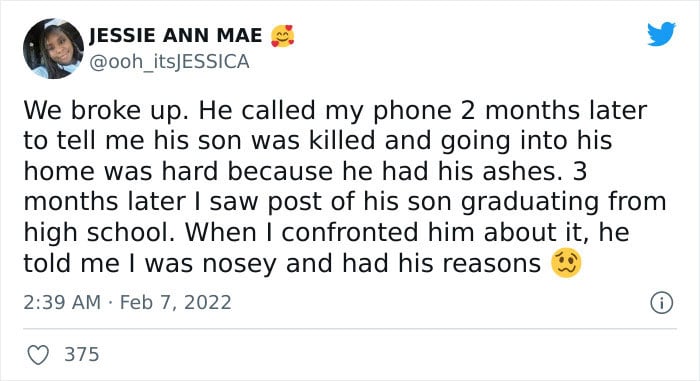
19.
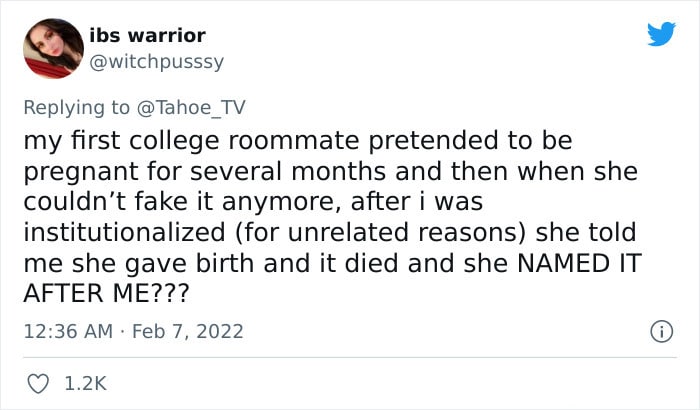
20.
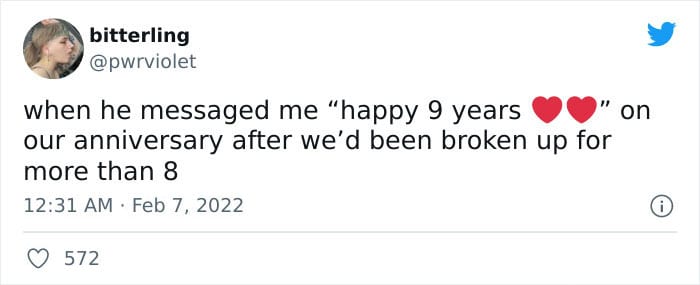
21.
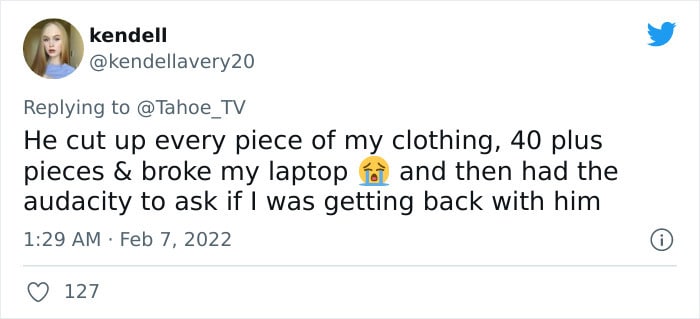
22.
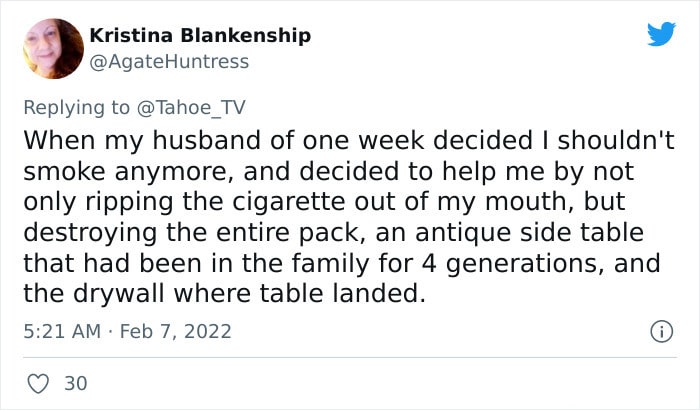
23.
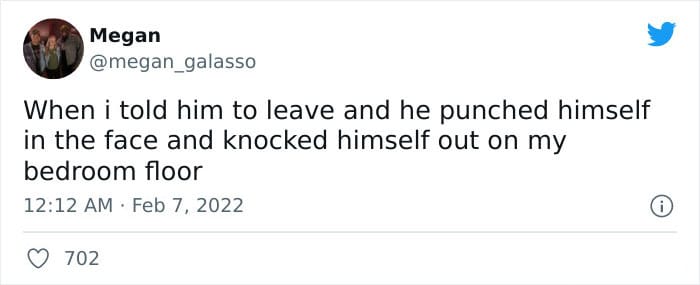
24.
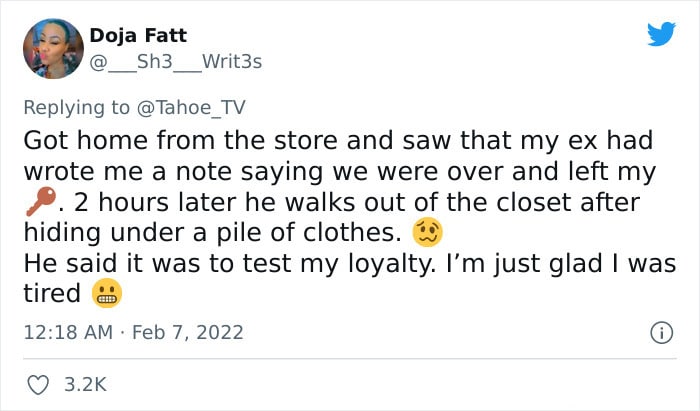
25.
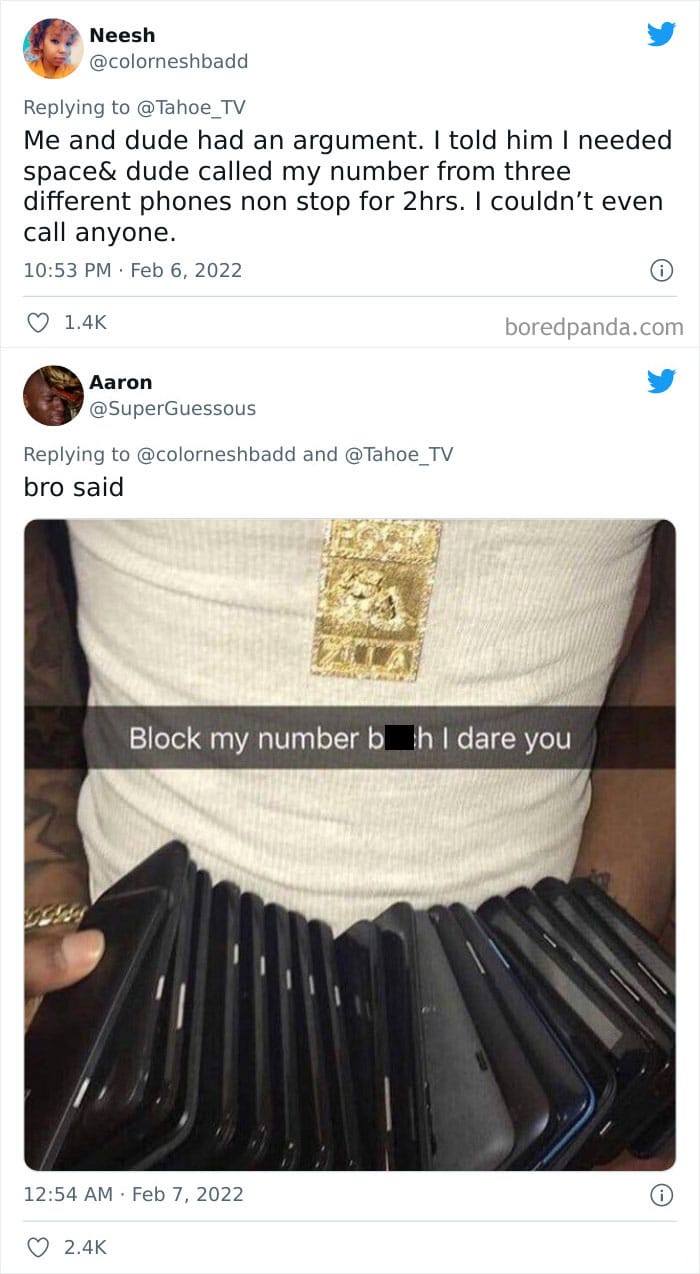
26.
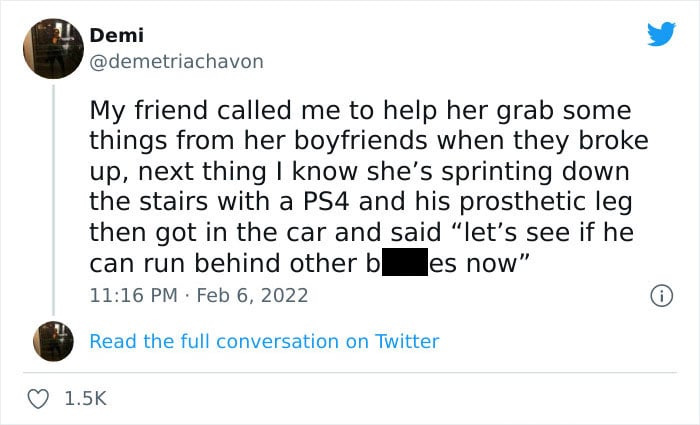
27.
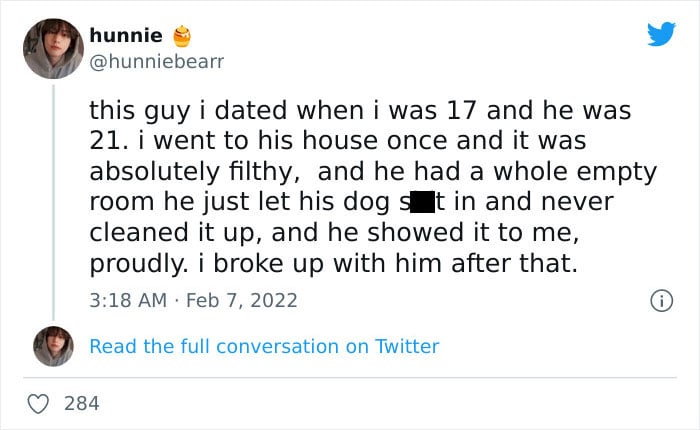
28.
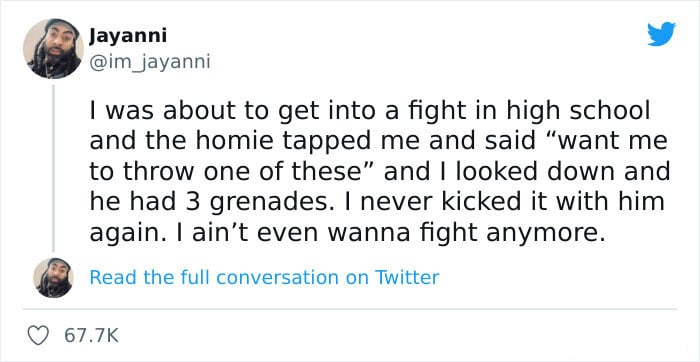
29.

30.
